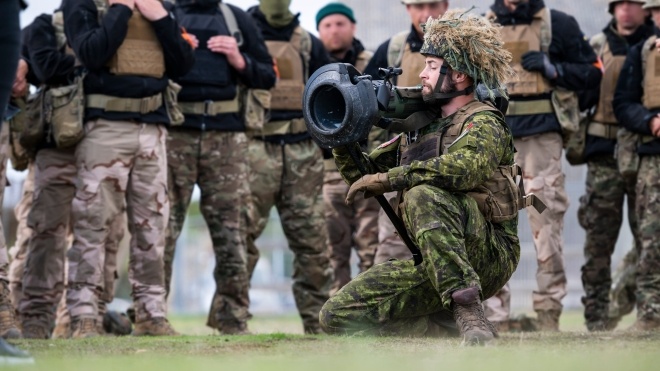The Wall Street Journal writes about the likely method of blowing up the Crimean bridge and its significance. Some experts, the newspaper writes, questioned the version about the explosion of the truck on the bridge and believe that the damage was caused by a manned or unmanned drone, or by the detonation of charges placed by scuba divers. Bridge construction expert David McKenzie believes that it will take several months to restore the damaged doars. Since the Russian Federation prohibited the movement of trucks on the bridge, the expert believes that the supports of the bridge were also damaged. A significant fire could affect the strength of the steel. It was through the bridge that Russia delivered the main volumes of fuel and food to Crimea. After the explosion, prices in the peninsulaʼs supermarkets rose significantly, and the so-called governor of Sevastopol briefly imposed restrictions on the purchase of bread and flour and on filling cars with gas. Previously, the Kremlin warned of the consequences for Kyiv if it tries to hit the bridge, Russiaʼs ex-President Dmitriy Medvedev even used the word "doomsday". According to Western experts interviewed by the publication, there are no more conventional ways of escalating the war in the Russian Federation, so Putin can use tactical nuclear weapons as a response, as he has threatened in recent weeks.
The Economist published the first part of the diaries of an anonymous Ukrainian military man who joined the service to "stop this damnable evil." He worked in the arts until February, and after the full-scale invasion began, he volunteered and eventually found himself on the front lines. In the diaries, the soldier describes life during the 28 days of training, the training program and his relationship with his parents during this period. Impressions from studying with the narrator are ambiguous: there are not very useful lectures, and there is not enough time for important practical courses. One of the instructors even gave a lecture about how wonderful the Soviet Union was with its cheap gas. However, most of the teachers are still professional and care about the soldiers. Among everyday problems, the soldier describes the difficulty of living in a dugout, poor equipment, weapons that can be almost 100 years old. He writes that he sometimes felt that his vocabulary was reduced to 30 words from military commands. Despite all this, the author ends the 28th day of the diary with the thought that he is motivated to go to the front, because in March Russian tanks were 60 km from his parentsʼ house.
The Intercept examines the prospect of fair punishment for Putin and his cronies in the war in Ukraine in a large analytical article. The publication describes the main ways in which the international community and Ukraine can achieve a legal solution in this area ― through a lawsuit to the International Criminal Court, lawsuits to local courts or the organization of an international tribunal. Human rights defenders interviewed by the publication are concerned that each of these complex paths has serious flaws. Court cases in local courts can bring to justice low- and middle-ranking performers, conviction of Putin or Shoigu by one of, for example, Kyiv courts will not be accepted by the international community, not to mention Russia. The International Criminal Court can also focus on low-impact criminals (and there will be a lot of them in any case: in September alone, Ukrainian prosecutors documented 44,000 war crimes committed by the Russians). If he considers the case of Russiaʼs arbitrary resolution of the war - which, according to numerous experts interviewed by The Intercept, is the main crime - other countries that are afraid of similar court cases against themselves may stand in the way. In particular, the United States, which Iraq accuses of waging a groundless war. The third way - a separate tribunal - is difficult to organize, but can potentially fulfill all Ukraineʼs needs for justice. For this alone, in particular, a separate legislative framework will have to be developed, which is not a quick process. If everything succeeds, it will be important to make the case of this justice universal, because the case of Ukraine in recent world history, unfortunately, is not unique, and the need for such tribunals is high - itʼs just that human rights defenders and lawyers still do not have adequate tools to bring autocratic presidents to justice.
